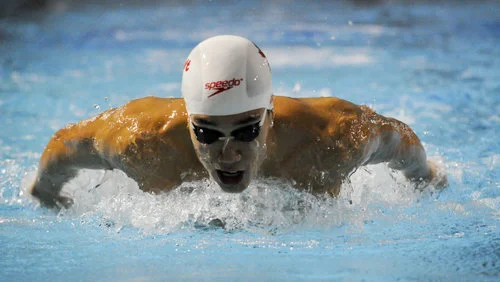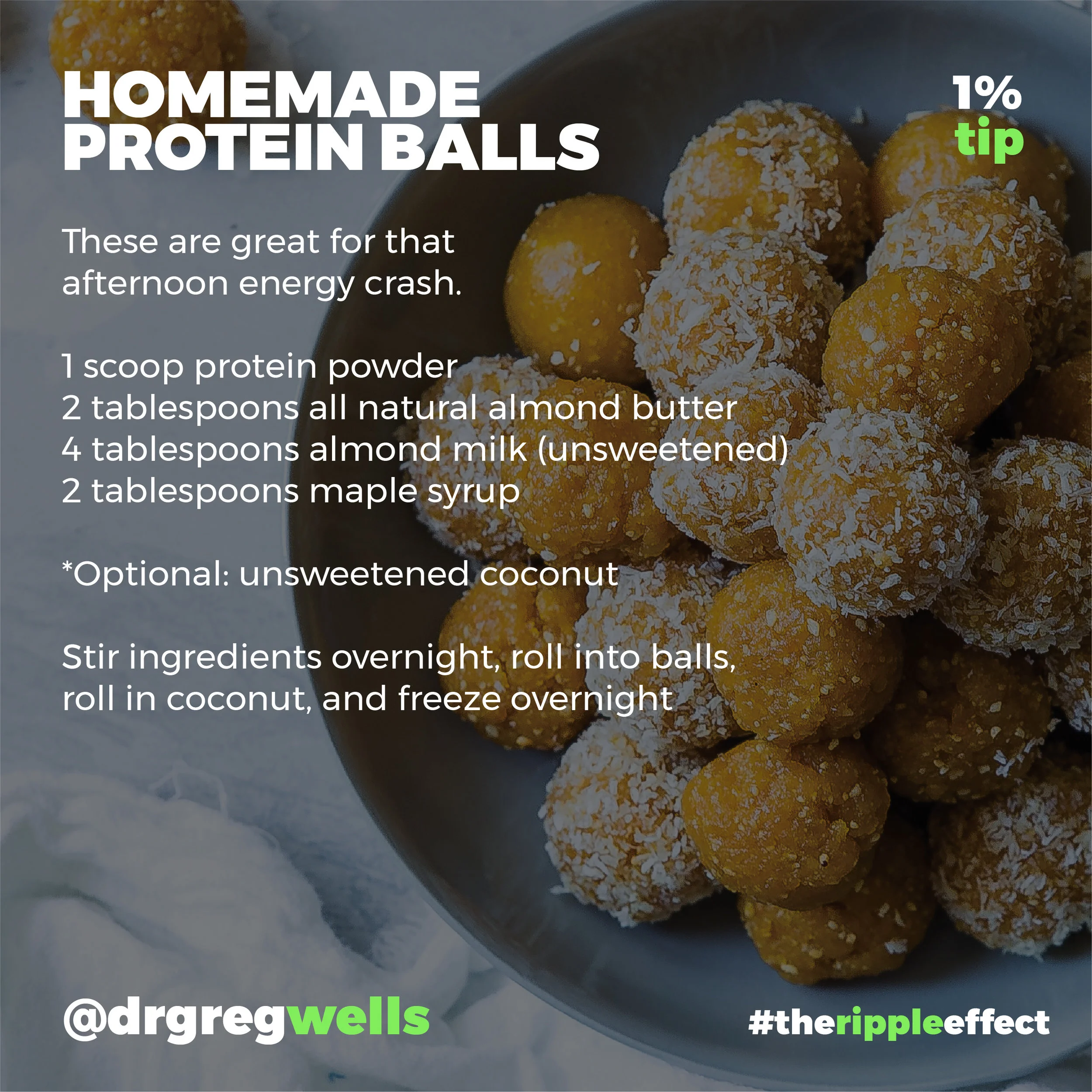Eat Smarter to Move More
KEY POINTS:
1. The timing and composition of your nutrition can make huge differences to your athletic performance, whether you are an elite athlete or if you just want to be healthy enough to run around with your kids.
2. Using appropriate nutritional strategies could not only help fuel you for your next workout, but could also help your immune system keep you healthy and improve your overall wellbeing.
3. Using the recommendations below for what you should be eating pre-, during-, and post-workout, play around with what works best for you to meet your individual needs.
Sports nutrition is one of the most debated and contested fields in science right now. With the traditional high-carbohydrate approach under siege from the low-carb/high-fat proponents, there has never been more confusion. I think that’s a good thing, because sports nutrition needs an overhaul; the traditional approaches have resulted in several products and recommendations that have been damaging to health (such as sports drinks and chocolate milk), rather than helping people perform better.
My approach is based on the principle that high performance is possible only if we are as healthy as possible. I’ve broken down my approach into three steps, based on what you can eat before, during, and after your workouts to perform great in your movement practice, and to improve your health at the same time. It’s a simple approach that works if you stick to it over the long term.
Here's sports nutrition at a glance:
Daily
Eat whole foods, avoiding processed and packaged foods full of refined sugars.
Include lots of vegetables of different varieties and colours.
Aim for 6 to 12 grams of carbohydrate per kilogram of body weight, spread out in meals throughout the day.
Include 1.2 to 1.8 grams of protein per kilogram of body weight throughout the day. Aim for about 20 grams in each meal. Having 0.5 gram of protein per kilogram of body weight before bed could help offset protein breakdown.
Choose healthy fats and incorporate about 2 grams per kilogram of body weight per day.
Pre-workout
Eat a meal high in carbohydrate 1 to 2 hours before your workout.
Have a mixed carbohydrate beverage or snack + BCAA solution less than an hour before your workout.
During workout
For exercise lasting 30 to 75 minutes, a mouthwash of carbohydrate solution may be sufficient for nervous-system benefits.
For 60 minutes to 2 hours of training, aim for 30 grams of carbohydrate per hour.
For 2 to 3 hours, increase to 60 grams of carbohydrate per hour.
For long sessions (>2.5 hours), you will require 80-90 grams of carbohydrate per hour (a mixture of glucose and fructose will help with absorption).
Avoid routine use of commercial sports drinks. Instead, consider watermelon juice, coconut water, or simple homemade natural sports drinks.
Consider adding a branched-chain amino acid (BCAA) solution to any of these options.
Post-workout
If there are fewer than 8 hours between sessions, consume 1.2 grams of carbohydrate per kilogram of body weight per per hour for the first few hours and a total of 8-9 grams of carbohydrate per kilogram over the course of 24 hours.
For more than 8 hours between sessions, refuel according to timing that is comfortable and accessible, as long as you consume adequate energy and carbohydrate.
Consume 16-20 grams of protein as soon after your workout as you can and a further 20 grams every 3 hours for the next 12 hours.
Include anti-inflammatory foods such as ginger, turmeric, and omega-3s as well as lots of vegetables to reduce the inflammation associated with exercise.
This Week’s Exercise: Eat Slowly
This week we’re going to continue with the same habit as last week: eating slowly. Try to pick one meal each day to do this. Maybe it works better for you in the morning, or maybe it’s better for you to do it in the evening when you can relax after a long day.
Make sure that you’re staying present in your meal, and that you’re avoiding TV, your phone, and other distractions. Pay close attention to your hunger and satiety before, during, and after the meal - and stop eating when you feel satisfied.
Bonus Content
If you’d like to learn more about sports nutrition check out this booklet on nutritional strategies for high performance athletes.
The information and advice provided in this program is intended to assist you with improving your performance, as well as your general health. It is not intended and should not be used in place of advice from your own physician or for treatment or diagnosis of any specific health issue. By participating in this program you acknowledge that undertaking any new health, diet and/or exercise regime involves certain inherent risks, that you assume such risks, and that you release Wells Performance Inc. from any responsibility or claim relating to such participation.


